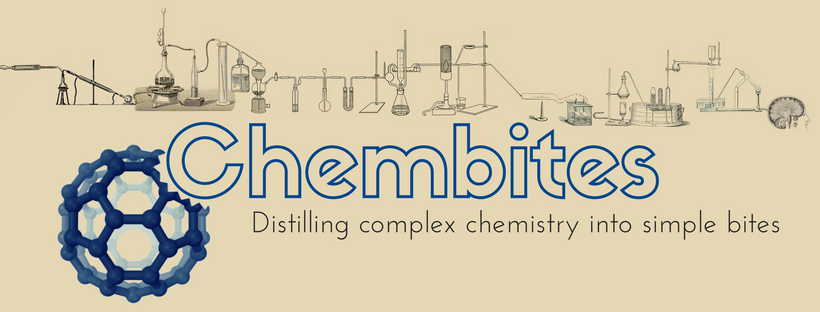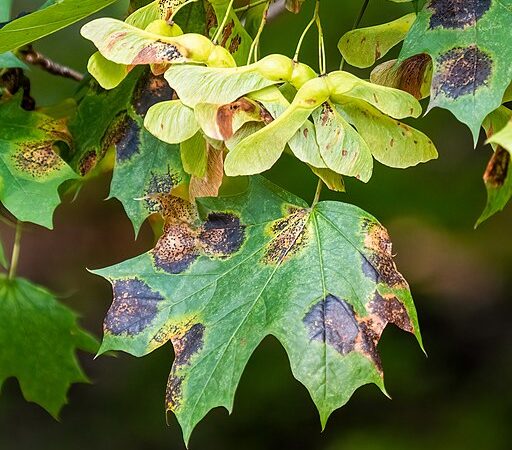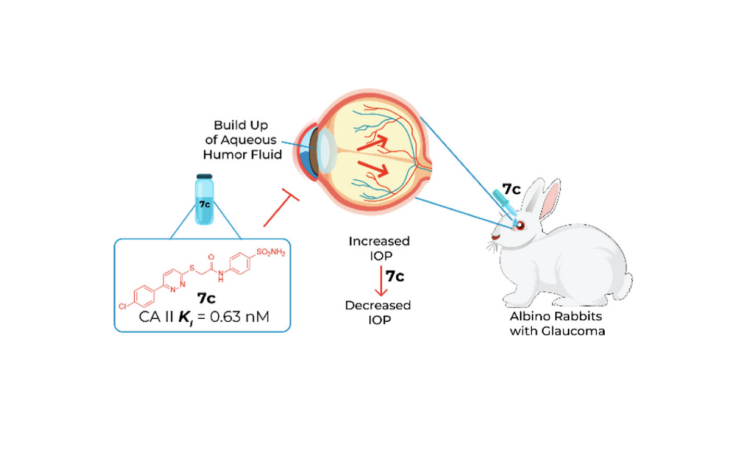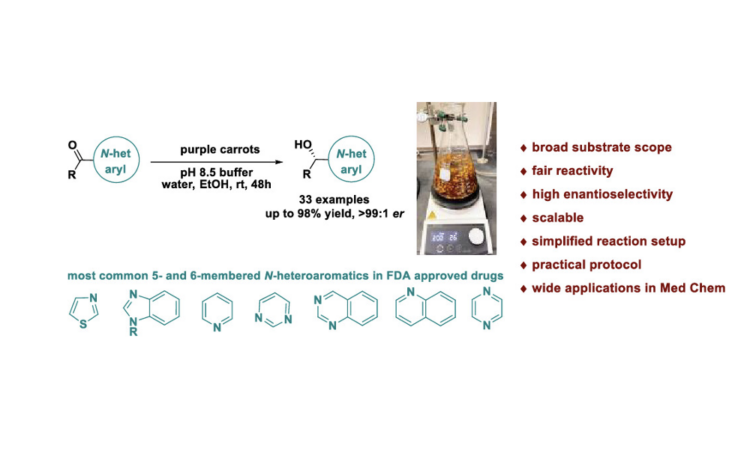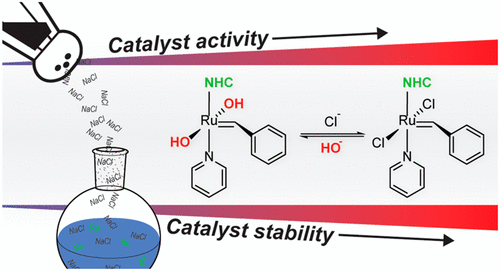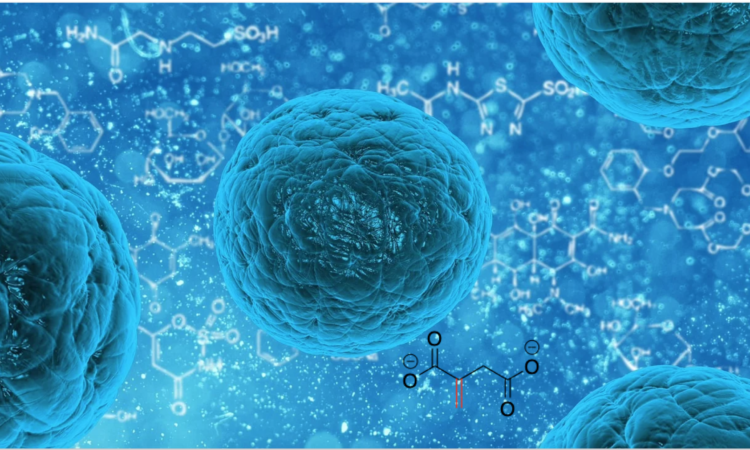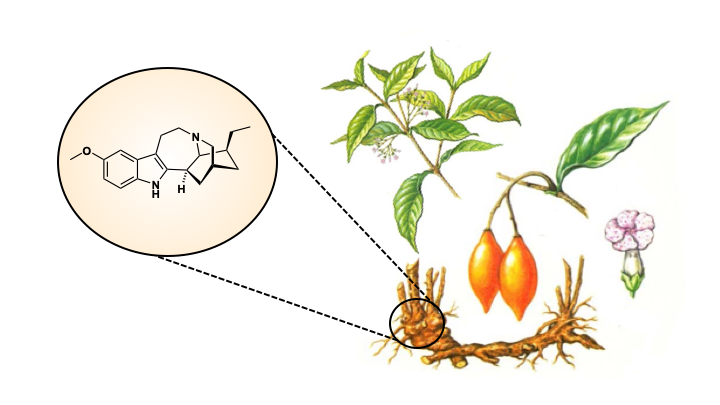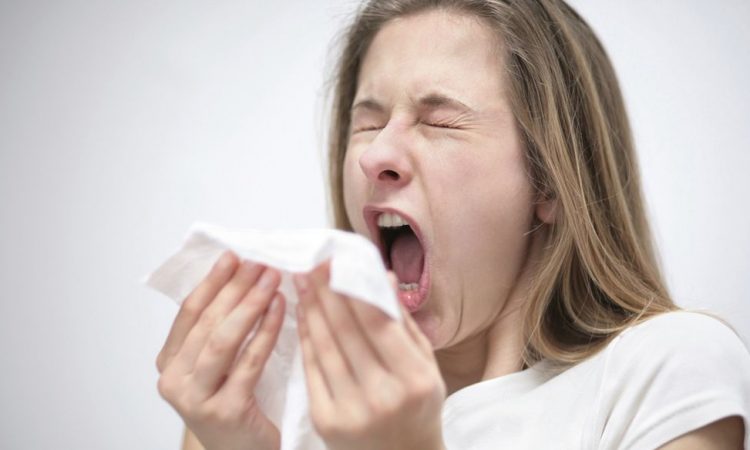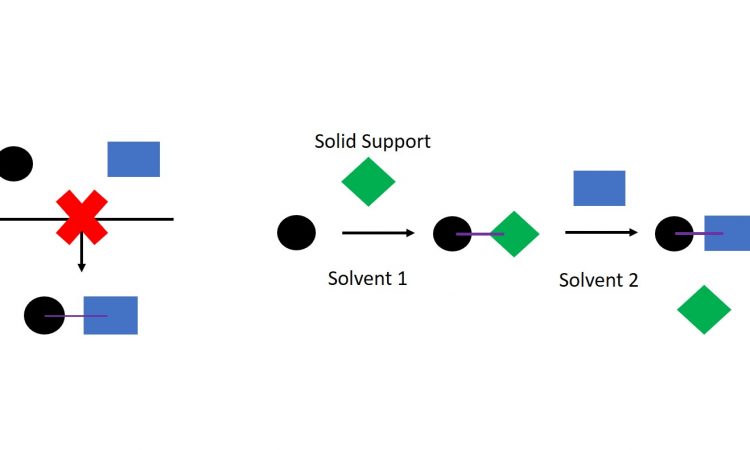Scientists create a variety of chemical compounds and a new leaf test to investigate how the A. alternata fungi infects only the Asian pear.
Discovery of Novel Compounds for the Treatment of Glaucoma: The Silent Thief of Sight
Researchers have discovered a new series of potent compounds for the treatment of glaucoma.
Got Carrots?… Harnessing Nature’s Enzymes to Reduce Ketones to Chiral Alcohols
Got carrots? Researchers have developed a new way to enantioselectively reduce ketones to alcohols.
Organic Synthesis With A Side Of Salt
The addition of common table salt can transform the workings of a complex organic chemistry reaction.
Monitoring plant maturation with a Wack reaction
When the authors’ blurb about their own work is “Okay, bloomer,” you know you have to read it.
How a Small, Organic Molecule Reigns in the Immune System
A Chinese research group has employed a chemical proteomic strategy to determine the mechanism of action of the anti-inflammatory molecule itaconate. Itaconate non-enzymatically modifies cellular proteins in order to modulate their activity, leading to a reduction in the activation of immune cells, which could pave the way to an autoimmune therapy.
Seeking inspiration from nature to treat opioid addiction
Researchers have looked at the biosynthetic pathways in plants to help them synthesise the potential anti-addiction agents ibogaine and voacangine.
Detergents are for more than washing dishes
Studying membrane-bound proteins requires stabilizing their structure outside of the membrane – otherwise they fall apart. But our analytical techniques have not risen to the challenge. Sadaf et al. pushes us forward by developing novel detergents for stabilizing membrane proteins.
The Smell of Success
Although skunks are nocturnal animals that prefer their own company, they won’t hesitate to spray potential predators, people or pets with fluid from their anal glands. For many years, these anal secretions have fascinated natural products chemists but repelled most of the rest of us. Learn about a new way to “de-skunk” from researchers at the University of Oklahoma.
Can Chemists Cure the Common Cold?
Although getting the common cold is not a nice experience, it is only a relatively minor misfortune for most people. But the consqeuences of a cold can be severe. This paper describes a significant step towards a cure!
How do you stick hydrophilic and hydrophobic molecules to each other?
We know that complementary functional groups are needed for strong intermolecular interactions, and that thermodynamics favours hydrophilic and hydrophobic groups each keeping themselves to themselves. So, problems can arise when trying to react very hydrophilic and very hydrophobic molecules together. This group of scientists has devised a way around the problem using a technique called solid-phase synthesis.
